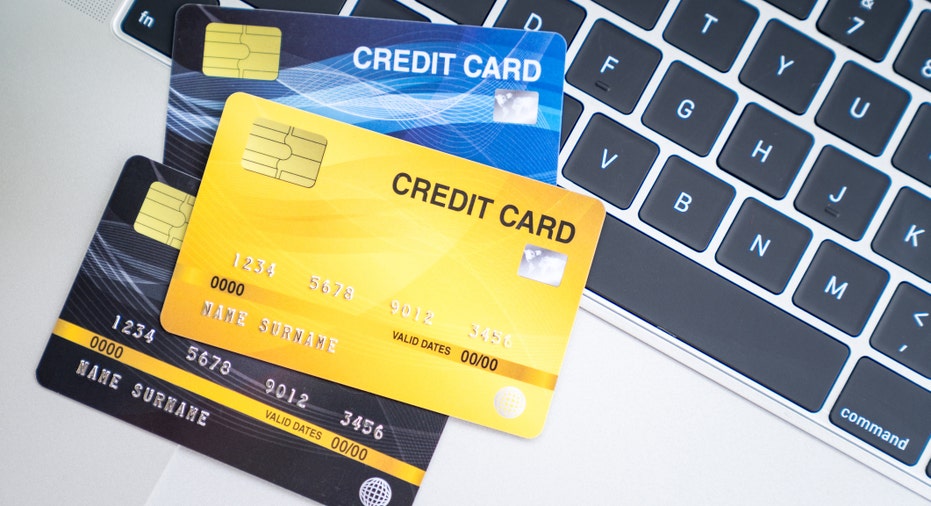6 things to know before getting a credit card

There are certain items to consider ahead of completing a credit card application. (iStock)
Filling out credit card applications for the first time can feel like a daunting process, but it doesn’t have to be difficult. Below is an explanation of how to apply for a credit card, tips on finding the right card for you, and advice on how to keep your score in good shape. Armed with this knowledge, you should feel ready to start the application process.
How to choose the best credit card for you
Before you can start applying, you need to decide which card makes the most sense for you. Fortunately, there are a few different types of credit cards that are geared specifically toward those who are just starting out with credit.
- Secured cards. These cards require a security deposit to open, but they are easier to qualify for than your typical card.
- Student cards. These cards are targeted specifically towards college students
- Credit cards for people with limited credit. If you can’t afford the security deposit on a secured card, these cards might be your best option. They typically have a low credit limit but are meant specifically for those who have a limited credit history.
How to check your credit score
Believe it or not, you can still have a credit score, even if you’ve never had a credit card before. Other financial outputs like student loans or utility bills can contribute to your credit history.
With that in mind, you’ll want to be sure to check your score before filling out any credit card applications. You’ll have the best chance of being approved if you apply for a credit card within the appropriate score range.
HOW TO INCREASE YOUR CREDIT SCORE FAST
To check your score, go to AnnualCreditReport.com. Everyone is entitled to one free credit report per year form each of the credit reporting agencies.
How to shop for a credit card
Once you know your score, shop around for a card within that range. You’ll want to check on the following terms and fees for each option that appeals to you.
- Annual fee. A fee that some credit companies charge yearly for the privilege of being a cardholder
- APR. Also known as the annual percentage rate, this is the interest rate that will be applied to balances that you carry from month to month.
- Late fees. Any fees that the card charges for paying late or paying less than the minimum amount due.
How to apply for a credit card
As for how to apply for a credit card, the process is relatively simple. All you need to do is follow these easy steps.
- Choose the best method for you. You can apply for a credit card online, over the phone, by mail, or in-person.
- Fill out the application. Once you’ve chosen the card that you want to apply for, fill out the application. In general, you need your name, mailing address, birth date, social security number, and income information.
- Wait for approval. These days, some credit cards offer the option for instant approval, but in general, it can take between 7-10 business days to be approved. Once you’re approved, it can take another 7-10 business days to receive the card.
WHAT APR MEANS ON YOUR CREDIT CARDS AND LOANS
The pros and cons of credit cards
Pros
- If you use your credit effectively, you can build up your score.
- You’ll have to option to pay for purchases over time.
- You have the potential to earn rewards for your purchases.
- Credit card companies offer protection against fraud.
Cons
- If used improperly, a credit card can hurt your score.
- You can create debt.
- Credit cards come with fees and payments.
How to maintain a good credit score
To keep your score in good shape, you just have to make sure that you pay your bill on time each month. You’ll also want to pay as far above the minimum payment as possible. Ideally, you should aim to pay in full because doing so allows you to avoid paying interest on your purchases.